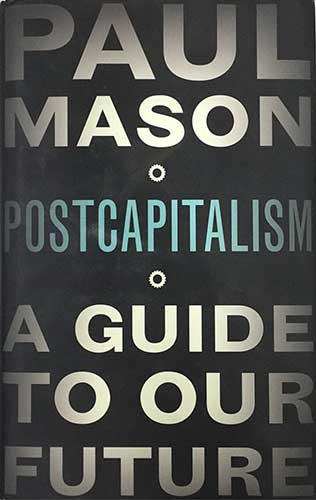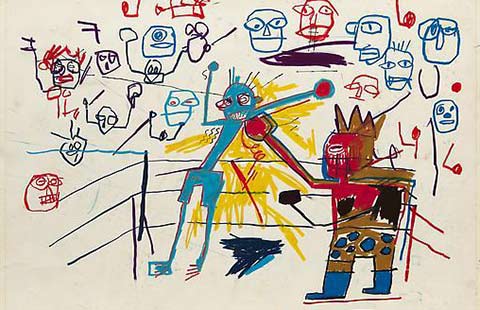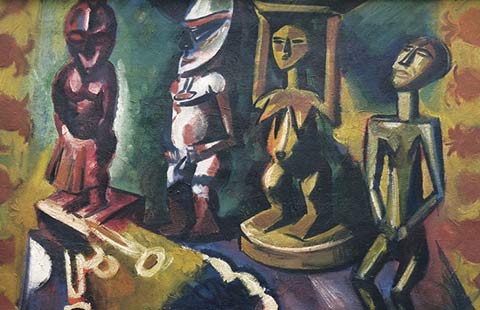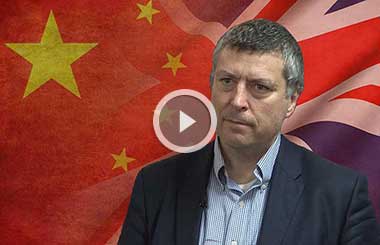The ongoing digital revolution may spell end of capitalism
By Andrew Moody ( China Daily ) Updated: 2016-03-02 08:48:30
 |
|
Paul Mason's Postcapitalism, which has received high profile reviews across the world, is not a conventional journalist's book but more of a polemic.[Photo by Nick J.B.Moore/China Daily] |
Paul Mason believes that people innocently sharing free music on the Internet-as is particularly the case in China-could spell the end of capitalism.
The multi-award-winning broadcast journalist and author argues in his now already bestselling book Postcapitalism that the digital revolution could finally make Karl Marx's prophesy about the end of the economic system that has dominated since the mid-18th century British Industrial Revolution a reality.
"If you have got something-no matter what its production costs are-that can be reproduced infinitely, then sooner or later under free competition, its price is going to fall close to zero," he says.
"We can see this in digital music. When I first started writing this book, I had research that showed that Apple had 95 percent of digital music. Obviously, that was just the digital music market. It did tell you that a whole unmeasured chunk of digital music was being shared for free."
Mason, who made headlines at the weekend by quitting his high profile role as economics editor of Channel 4, was speaking in a cafe opposite the ITN studios in Gray's Inn Road in central London.
The book, which has received high profile reviews across the world and involved the author in an extensive speaking tour, is not a conventional journalist's book but more of a polemic.
"My previous four books, including a novel, are written from the experience of a journalist. This book is written from my lifetime engagement with two issues-social justice and technology. In my mind I believed that they were separate but that has all changed," he says.
That change has been the Internet and the availability of an almost infinite supply of information and the emergence of open-source operations such as the online encyclopedia Wikipedia, where there is no profit motive.
"Capitalism cannot deal with abundance since like all previous economic systems it is a solution to scarcity. The capitalist solution is to distribute goods according to the market. The feudal solution was according to obligation. The Han Chinese solution was semi-slavery, peonage and obligation," he says.
Mason, a regular visitor to China during his broadcasting career, believes the Chinese government is more aware of the challenges posed by the digital revolution than many in the West.
|
|
|
|
|
|
|
|





















 Raymond Zhou:
Raymond Zhou: Pauline D Loh:
Pauline D Loh: Hot Pot
Hot Pot Eco China
Eco China China Dream
China Dream China Face
China Face





